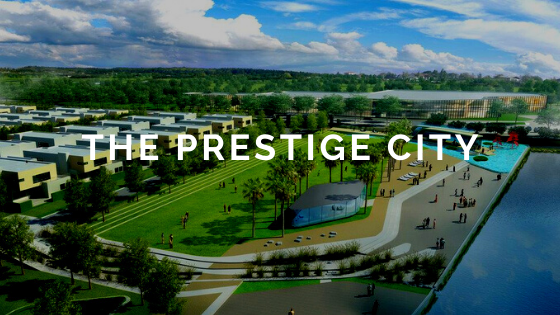
Buying Guide for Indian Property Market
Buying a property in any country is a complicated affair and it is even more so in India, due to the basic fact that the Indian property market is largely unregulated and disorganized. Further, the presence of too many middlemen and operators, such as large national real estate corporations, local real estate brokers and agents, property consultants, builders and architects, makes buying a confusing task. Further, potential buyers should also cross several hurdles such as title defects, legal compliances, location and condition of the properties and financing options. As such, if you plan to buy a property in Bangalore for example, you should have a systematic plan and procedure to reduce the various hassles accompanying any type of property buying in India.

Evaluate Your Buying Budget Carefully
The actual value of the property alone will not be sufficient when you start evaluation of the total purchase budget for that property. You should also take into consideration many other expenses that can add up to substantial sums and upset your budget estimates completely. The major additional expenses are:
- Official stamp duty, which will depend on the value of the property at the time of registration
- Registration fees, which will vary from one registrar office to another, with the fees and other incidental charges in these offices significantly higher in larger cities and towns and comparatively lower in smaller towns.
- Brokerage fees
- Legal fees and costs
- Cost of renovation or improvement expenses related to the property
- House tax and/or property tax amounts, which will also vary from one place to another, based on the cost index of that specific area
- Monthly maintenance expenses of the property, if any
- Costs of utilities, such as electricity, water supply, sewerage, etc.
Estimating Costs Involved in New Constructions
If you are buying an individual home, villa, flat or apartment in Bangalore the major issue is the lack of transparency by the builder or the property developer in revealing all the costs involved to provide you with a gross price. For example if you are buying a villa in Prestige City Villa complex, apart from the price of the property, there will be internal infrastructure development charges and external development charges that should be added to the base price of the property. Ultimately, the final cost of the property will depend on its location, which will decide the basic cost of the land area and the quality of construction, which will also play a significant part in the final cost of the property.
The builder or developer may add several costs at the time of handing over the property, which have not been mentioned in the initial contract, if you have not been specific in enquiring about them. These costs will include, parking space costs, park/garden cost, cost of uninterrupted power supply through generator, club membership cost, monthly maintenance costs, etc. Hence, you should ensure that the builder has included all such types of costs in the base price at the time of signing the initial buying contract, so that you know exactly how much you are paying.
The external development costs are payable to the government for providing water supply, electricity, sewerage, roads and road maintenance, community building, public health, street lighting and their maintenance, storm water drainage, public health, horticulture, etc. The builder or developer will pay these costs to the government and pass on the costs proportionately to all the residents in that property development. You should ensure that the initial base price includes these costs also.




